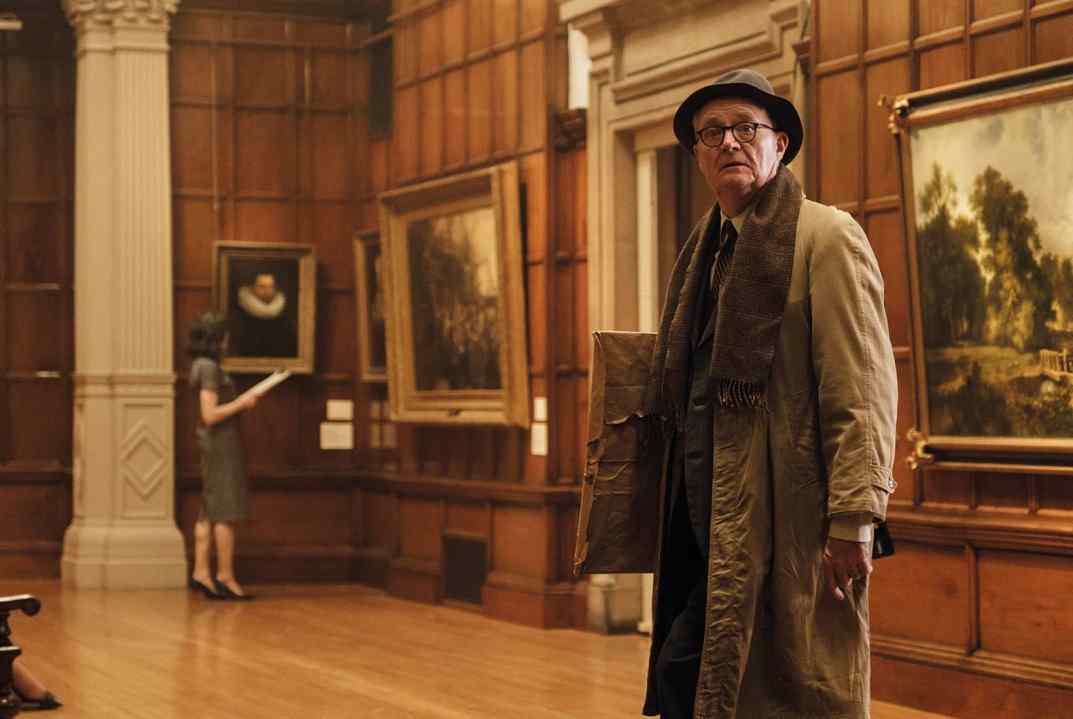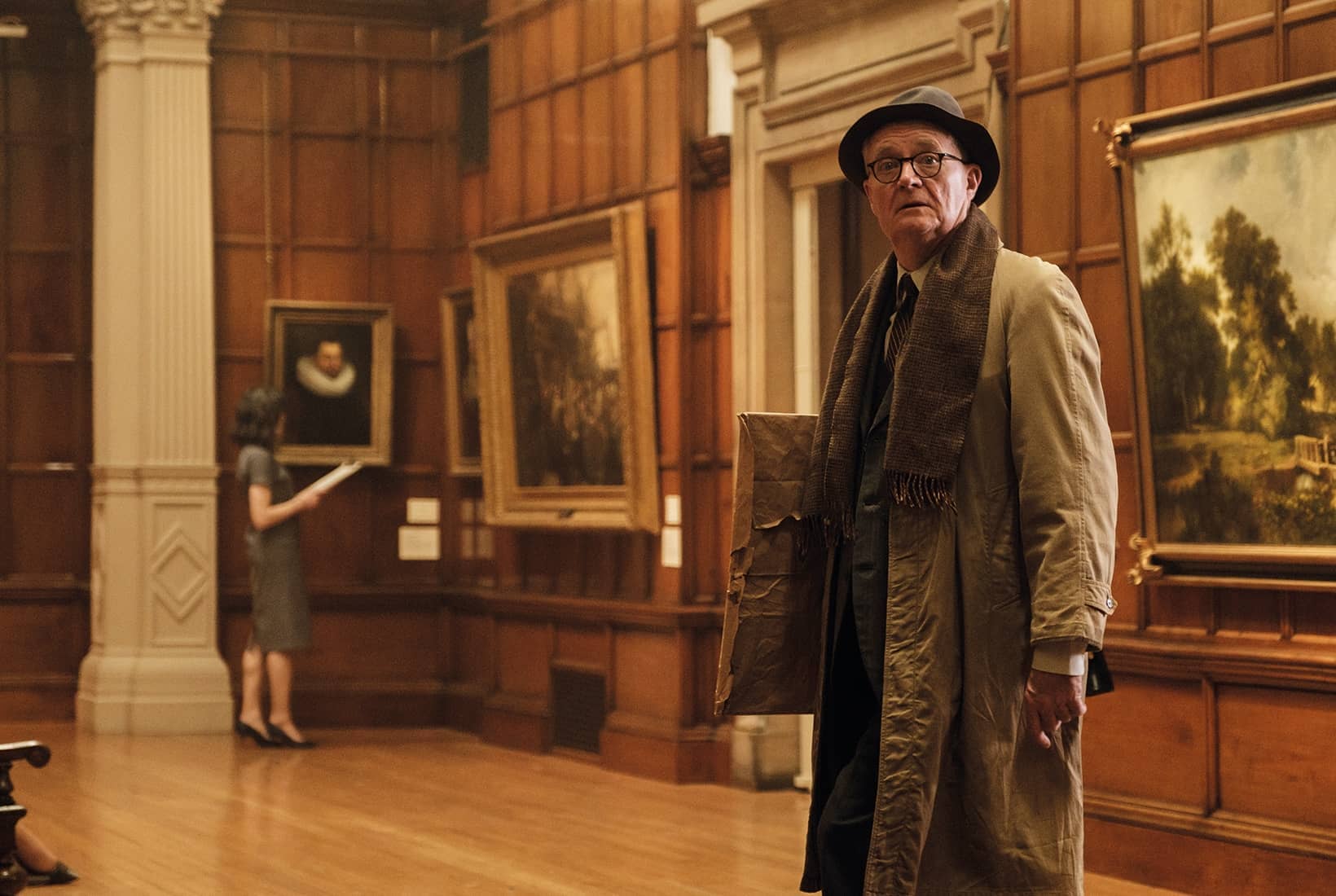The Duke is an old-fashioned British comedy caper that is plainly lovely and a joy. Based on a true story, it’s an account of the 1961 theft of a Goya painting from the National Gallery, stars Jim Broadbent and Helen Mirren, and is directed by Roger Michell (of Notting Hill fame). Many films have all their ducks in a row yet are somehow disappointing, but this is perfect, capturing the spirit and joie de vivre of the old Ealing comedies. I could probably watch it all day every day for the rest of my life.
Broadbent plays Kempton Bunton, a 57-year-old, working-class Newcastle taxi driver — although he has trouble holding down any kind of job — who has aspirations to be a playwright. We first meet him putting his latest play in the post to the BBC. It’s about ‘the adventures of Susan Christ’, he tells the postmistress, because ‘imagine if Jesus had been born a woman’. We are never invited to laugh at him. The script (by Richard Bean and Clive Coleman) never invites us to do so and in Broadbent’s hands Kempton is endearingly pure of heart rather than delusional. You will find him wholly loveable from the off. I’ll personally refund your ticket price if you don’t. (Not really; just making a point.)
I could probably watch this film all day every day for the rest of my life
However, his writing is not his main preoccupation. Mostly, he’s preoccupied with his one-man campaign to secure free BBC television licences for old people. ‘Free TV for the OAPs’, reads his placard. He’s refusing to pay his own licence fee on the grounds that he has removed ‘the BBC coil’ from inside his set and can therefore only watch ITV. He even has to serve time for that, becoming something of a local cause célèbre. His two adult sons (Fionn Whitehead, Jack Bandeira) are bemused while his long-suffering wife Dorothy (Mirren) despairs.
He’s an ordinary fella who’s then prompted to do an extraordinary thing. The provocation is a news broadcast (ITV) showing that the nation had just stumped up £140,000 — a stupendous sum back then —to purchase Goya’s portrait of the Duke of Wellington for the nation. He is outraged. This is ‘art before charity’. A trip to London ensues. Archive footage is cunningly deployed. But how the painting departs from the National Gallery and ends up in a Newcastle back bedroom you’ll have to find out for yourselves. That’s part of the fun. As it is, I’ve misdirected you somewhat. There is a surprise twist at the end. (Do not look the story up beforehand. You will ruin the surprise.) Kempton pens ransom notes, saying the painting has only been ‘borrowed’ and demanding monies be paid to charity. He’s the classic British underdog hero, and we are never not rooting for him.
This is certainly funny. Kempton eventually stands trial at the Old Bailey, which is wonderfully funny. Even the clerk of the court can’t keep a straight face. But it is also thoughtful and tender. There’s a marvellously poignant scene when he reminds Dorothy she was once ‘the Ginger Rogers of Whitby’ and waltzes her through the house. And it is sometimes movingly sad. Their family has suffered a loss, which he wishes to talk about but she never will. It is manipulatively sentimental here, but otherwise the film is so enjoyable I chose to forgive it that.
This is a fitting tribute to Michell, who died last year, and who directs with a light touch throughout, while Broadbent and Mirren are, needless to say, terrific. Broadbent is so naturally Kempton, always getting the comic timing absolutely right, while Mirren brings true emotion and heft.
As for the painting, it is back in the National Gallery (Room 45) should you care to see it for real. But be warned. This is what Kempton thought when he first looked at it up close in that back bedroom: ‘It’s not very good, is it?’







Comments